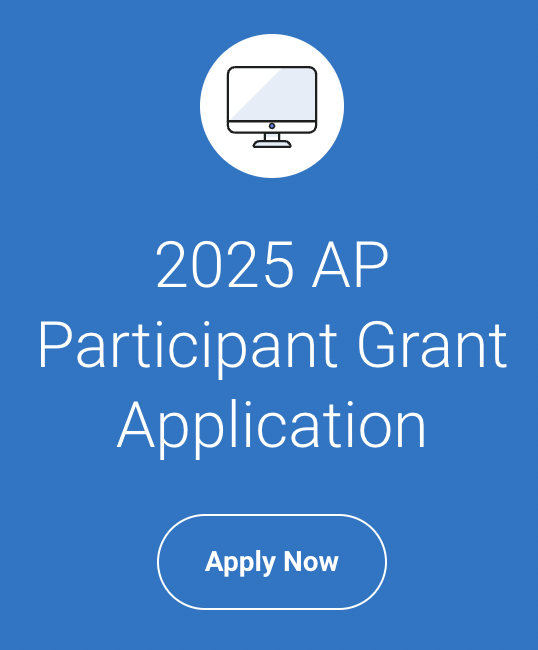LEARNING OBJECTIVES
- Teachers will become familiar with the Skills and content that are integral to an APES course
- Teachers will practice and have access to many options for teaching APES through
-
-
- Labs (in classroom- or modifications for distance learning)
-
-
-
- Activities
-
-
-
- Projects
-
-
-
- Formative and summative assessments
-
- Teachers will know expectations and how to grade students like an AP reader
- Teachers will have strategies to prepare their students for success on the AP exam
- Teachers will become familiar with the resources available on AP Classroom and how to use them in their class
- Teachers will create a syllabus for their APES course to be used in planning and for the course audit process
AP Environmental Teachers attending an in-person APSI, take field trips in order to develop lessons for student to take measurements of pH, temperature, turbidity, and dissolved oxygen content of creeks, streams, and rivers. Having students engaged in hands-on science experiments prepares students to answer AP Environmental Science Test Questions involving the analysis of information presented on graphs.
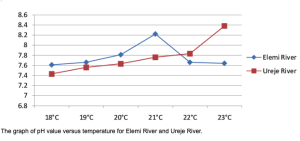
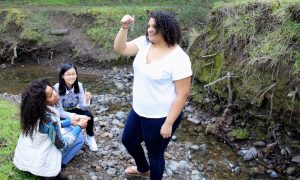
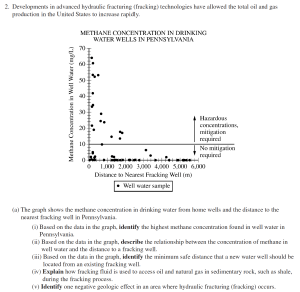
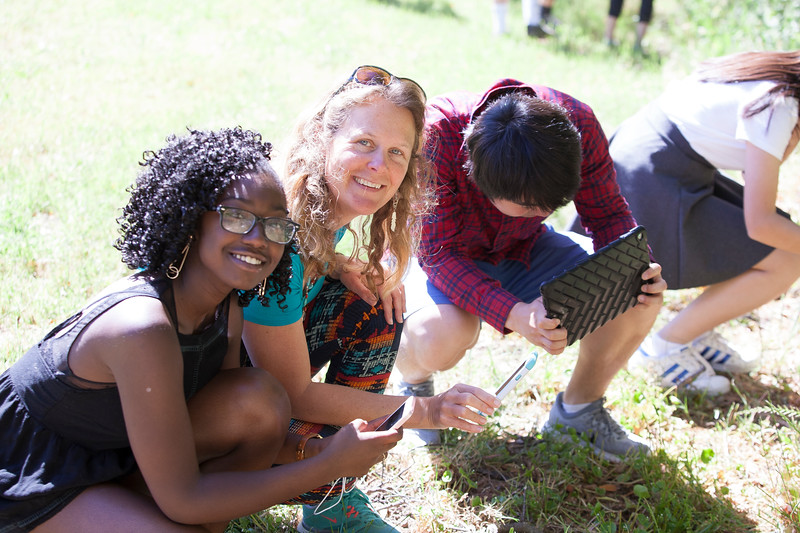 What you need to bring:
What you need to bring:
- Refillable Water bottle/coffee mug
- Laptop or other device- cords to charge
- Pens/pencils
- Blank Calendar or paper & access to school year – dates for start/end, holidays, etc.
- layers for AC indoor time & sunscreen & bug spray for fieldwork days
AGENDA for 30 hour 4-day APSI
DAY 1:
Morning
- Introductions
- Sample textbooks and resources to use and take home
- Overview of the CED=Course and Exam Description: What do we need to teach?
-
- Big Ideas
-
- Science Practices
-
- Course Framework: Topics and learning objectives
Afternoon: Topics, Labs and Activities from Unit 1-3 (Ecology, Biomes, Populations)
- How to assess pacing for the year
- Sketch out units fitting into your school year
- Planning time: Consider some planning of details for Units 1-3.
HW: Getting access to AP Classroom- Check with Administrator
DAY 2:
Morning: The AP exam – how to prepare students and improve scores
- multiple choice-types of questions
- FRQ- work through a few FRQs from the previous year. Talk about rubrics, try scoring.
Afternoon: Topics, Labs and Activities from Unit 4-5 (Land, water & climate)
DAY 3:
Morning: AM Field trip
Afternoon: Topics, Labs and Activities from Unit 6, 8 (Air, Land and water Pollution)
- Intro to AP Classroom resources
 DAY 4: What is left and what do you need? (this agenda may change for needs of class)
DAY 4: What is left and what do you need? (this agenda may change for needs of class)
Morning:
- Topics, Labs and Activities: Unit 7 (Energy) Unit 9 (Global Change)
- Instructional Strategies
-
- Lesson Planning Template- Using the new CED
Afternoon
- Review strategies:
Planning for your year
- Course Audit and Curricular requirements
- Strategies for planning and time management
- Time and help to work on your syllabus/unit plans for next year
- Create your equipment list
-
- bare bones & dream list.


